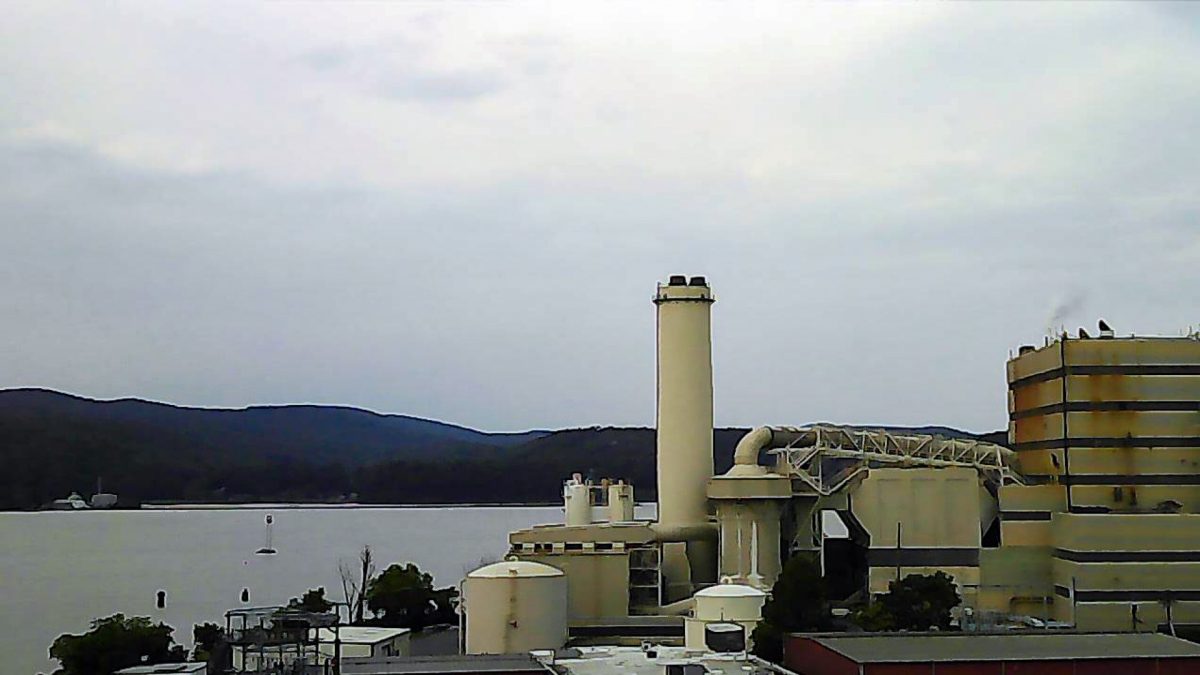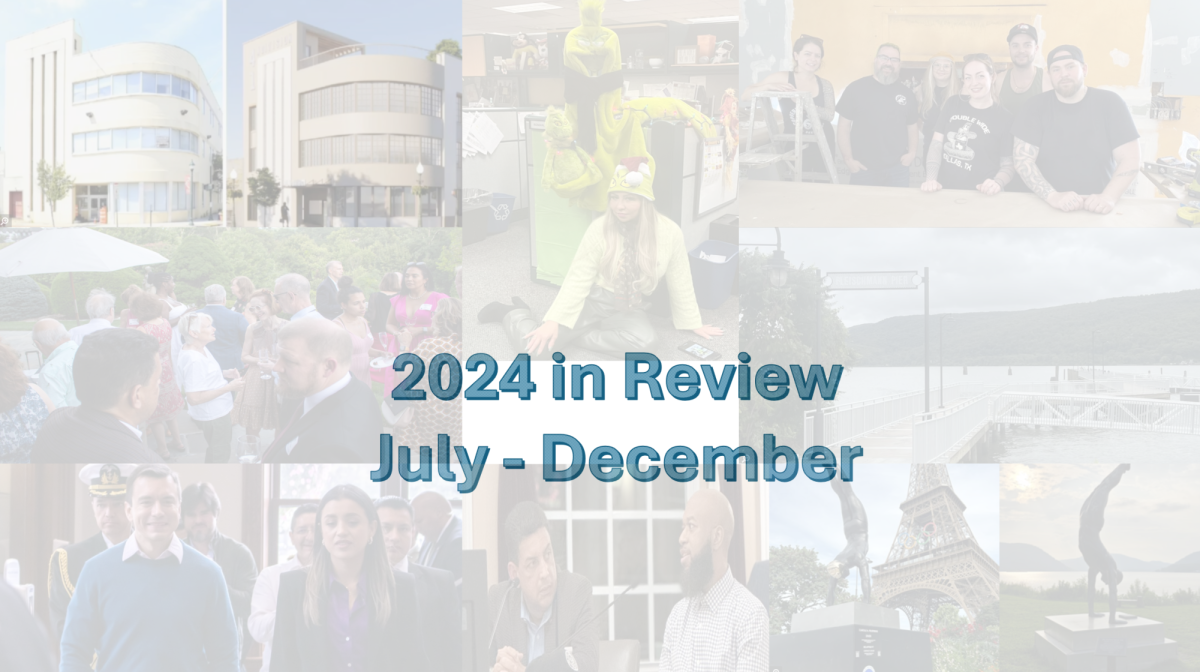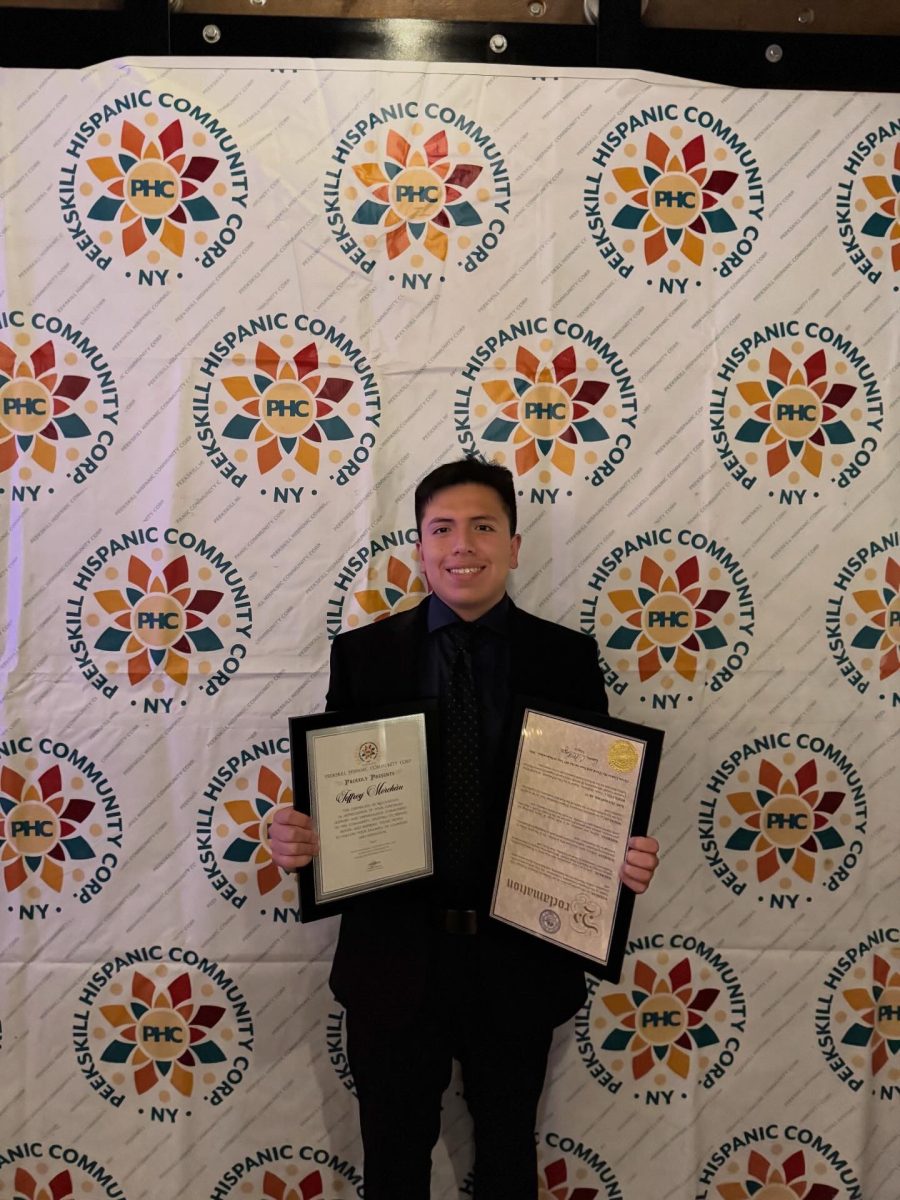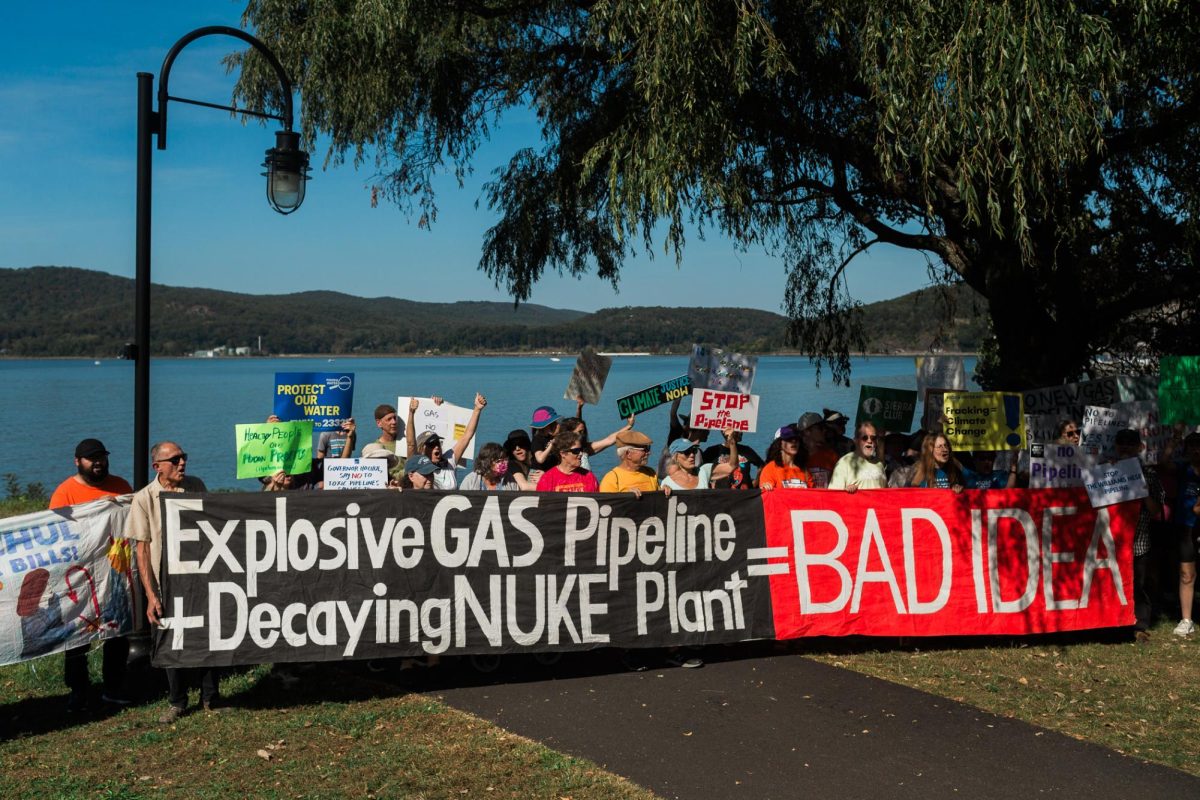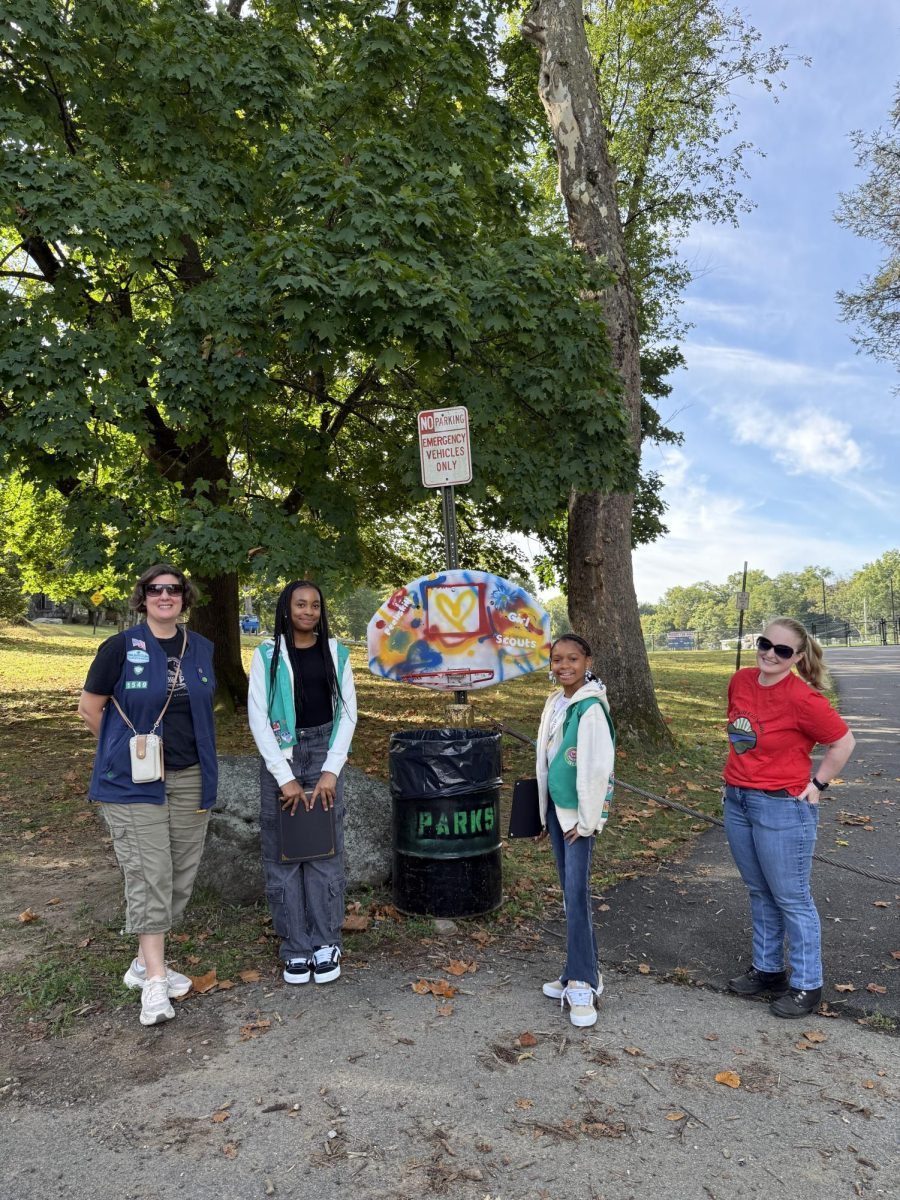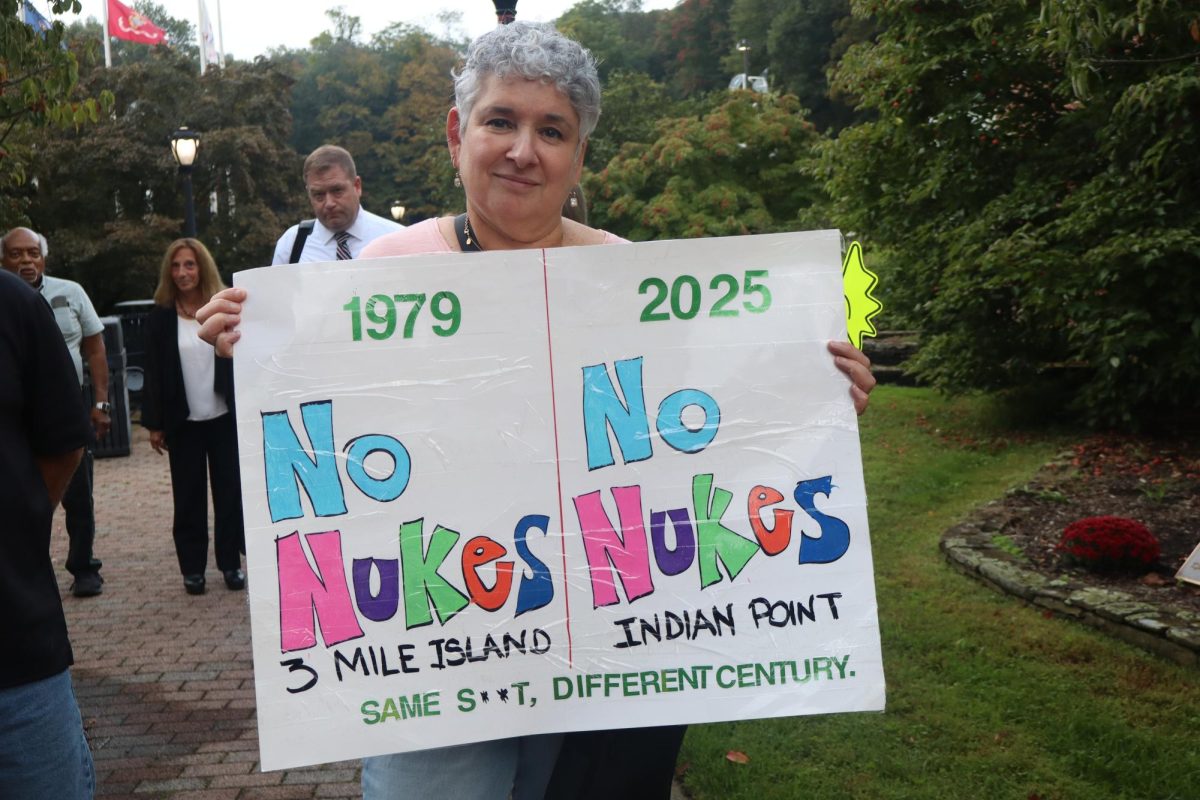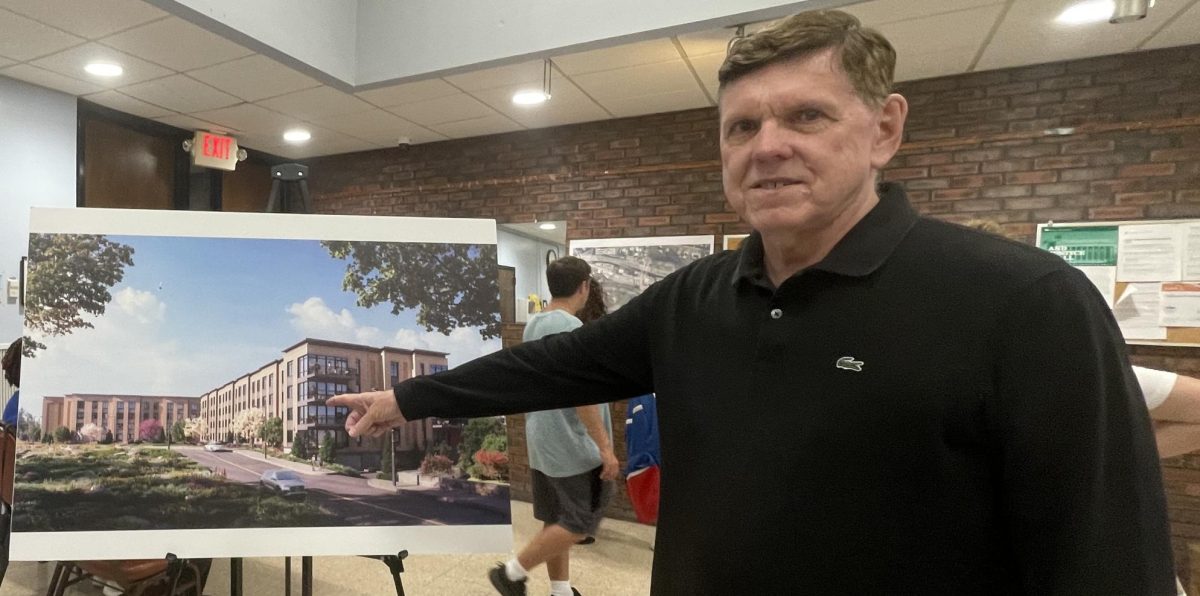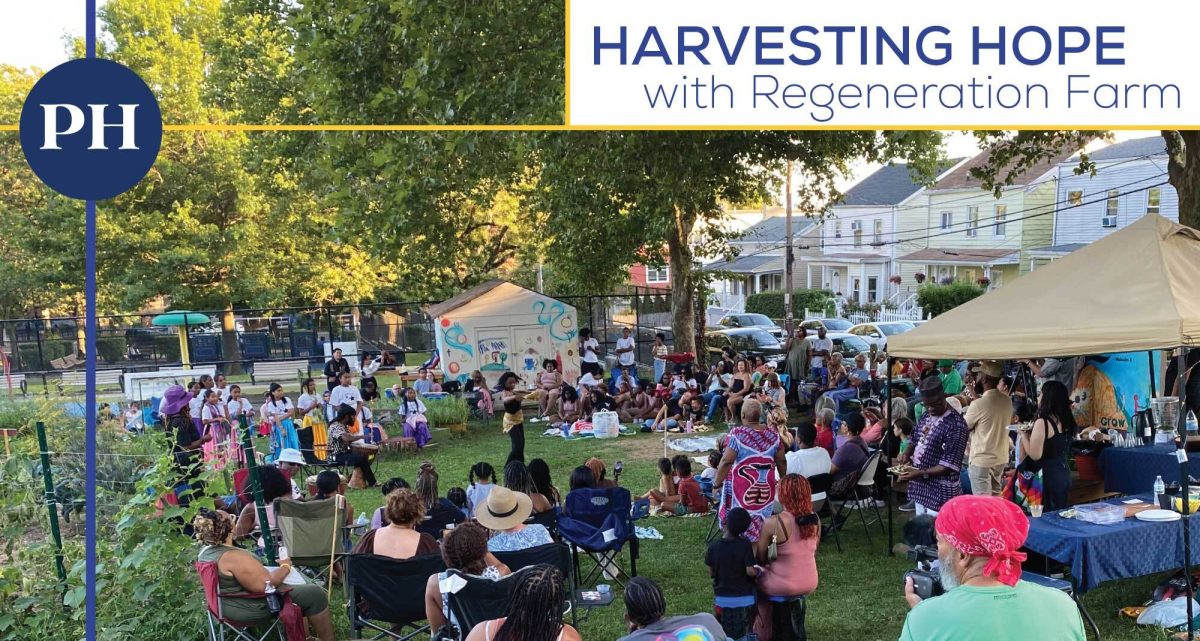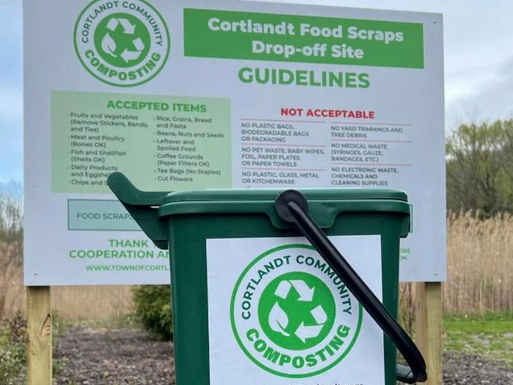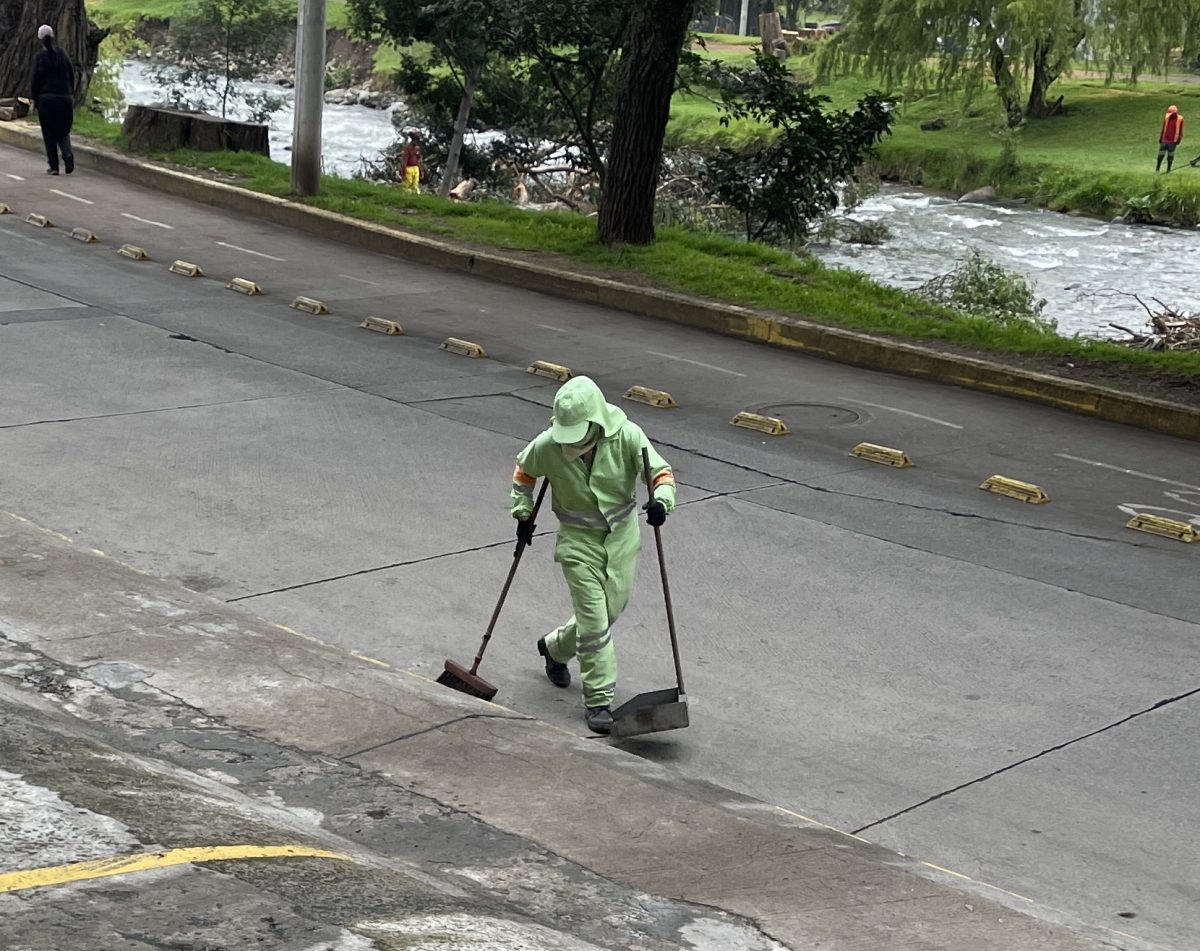WASS, the Westchester Alliance for Sustainable Solutions, started 2024 with a win: after its year-long campaign for the county to fund a zero waste plan, the 2024 Westchester budget has earmarked $90,000 for a waste reduction study.
The Westchester Alliance for Sustainable Solutions (WASS) advocates for the county to focus on and implement zero waste initiatives. At the group’s November and December meetings, WASS reported on several ongoing efforts.
In December, WASS founder Dr. Courtney Williams elaborated on the success of the county dedicating funds for the waste reduction study. “This is a really big win,” Williams noted. WASS will now focus on ensuring the study will support Westchester county’s transition to building an actionable roadmap in order to, “move the needle on waste in Westchester county,” said Williams.
At the November meeting, Alexis Goldsmith, National Organizing Director of Beyond Plastics, an organization dedicated to ending plastic pollution, spoke about how to ensure corporations reduce the amount of plastic waste they produce.
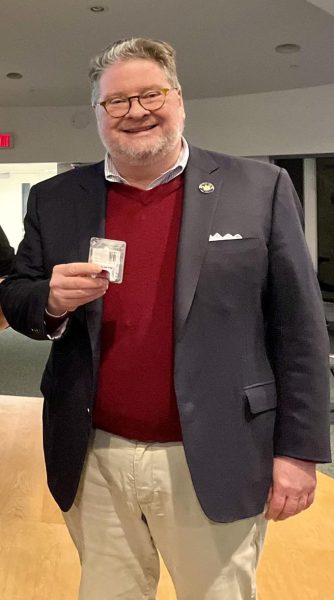
To accomplish this in New York State, Senator Pete Harckam has sponsored the NYS Packaging Reduction And Recycling Infrastructure Act (Bill 4246-a), which would, if passed, require some companies to reduce their plastic packaging and the toxic chemicals in that packaging and to pay municipalities to properly recycle packaging.
Goldsmith explained the importance of the proposed NYS Packaging Reduction And Recycling Infrastructure Act. Corporations produce waste at a large scale, which is much more hazardous to the environment than the decision of a single consumer. The proposed bill targets this issue via three specific goals.
First, for companies to reduce plastic packaging by fifty percent by establishing “a statewide Extended Producer Responsibility program for almost all packaging,” Goldsmith explained.
Second, the bill would require companies to eliminate 15 categories of toxic chemicals that are currently found in plastic packaging.
One such category is PFAS (per-and polyfluoroalkyl substances); PFAS in plastic food packaging can leach into food. According to the CDC, research suggests PFAS are associated with increased cholesterol levels, changes in liver enzymes, increased risk of kidney cancer, and more. PFAS are known to have multiple health effects on humans and the environment, and are difficult to remove from both.
Third, the bill would require companies to pay municipalities for the management of plastic packaging waste. Currently, companies are legally allowed to burn plastic packaging or undertake a process called chemical recycling, which is, Goldsmith said, “an umbrella term for polluting.” She explained that companies “generate copious amounts of air pollution and hazardous waste for a tiny fraction of recycled material.” By blocking the chemical recycling loophole, companies are less likely to recycle contaminated waste.
“The life cycle of plastics, from extraction to disposal, generates greenhouse gas emissions.” Plastic packaging is created from ethane, a by-product of fracked gas. Though New York has banned fracking, any new single use plastic packaging increases fracked gas usage, “And that’s what we’re trying to change,” Goldsmith said.
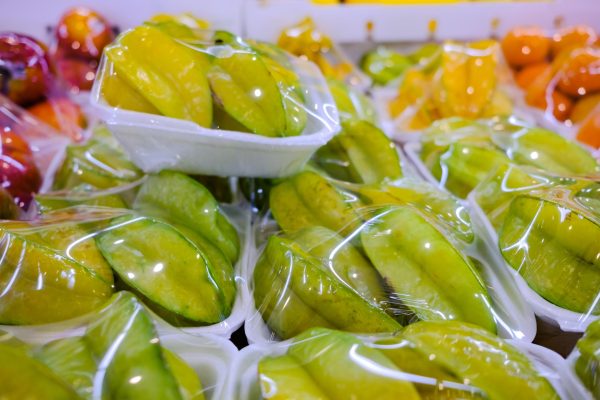
The December WASS meeting also discussed local sustainability efforts throughout Westchester. One example is Retake/Remake, an art thrift shop located at the Hat Factory in Peekskill, which has diverted over 32 tons of art and craft supplies away from incineration in 10 months. Readers can find out more about how to donate and obtain used supplies on Retake/remake’s website.
Donations By City/Towns in Pounds
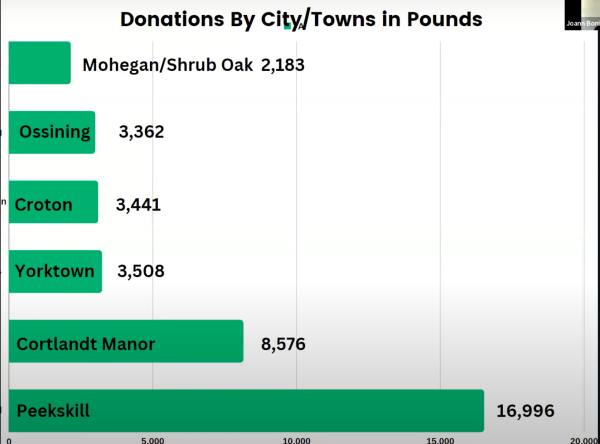
Donations are accepted from states all over the country by dropoff and mail at Retake/Remake.


